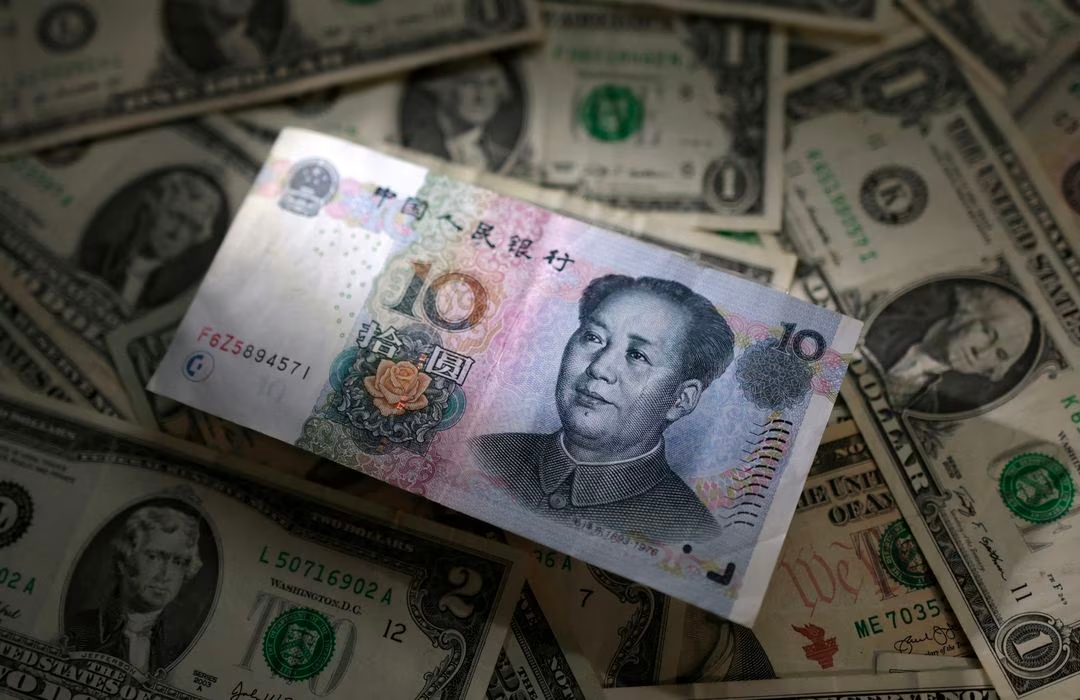Bangladesh-Russia Nuclear Plant Deal Settled in Chinese Yuan
The currently under construction nuclear power plant in Rooppur, Bangladesh. Source: Wikimedia Commons
On April 21, Bangladesh and Russia agreed to conduct an ongoing nuclear power plant deal entirely in Chinese Yuan, forgoing the conventional use of the US Dollar in international transactions. The first payment, over $300 million, was made by Bangladesh to Russia soon after the details were finalized.
The deal is meant to finance a large $12.65 billion nuclear power plant in the town of Rooppur. 90% of construction costs are financed through a 28-year Russian loan. Additionally, the project is a collaboration with Rosatom, Russia’s premier nuclear energy company. The deal has generated a significant amount of jobs for local Bangladeshis, both working on the plant itself and catering to the people directly working on it – Bangladeshi or Russian.
Despite the deal originally being signed in 2015, construction has been plagued by delays. Its future was especially uncertain when Russia commenced its invasion of Ukraine, causing many nations to refrain from doing business with Russia and western nations to impose strict sanctions, such as banning them from the global payment system SWIFT. Despite these major hurdles, Bangladesh has repeatedly reaffirmed its commitment to the deal.
Chinese Yuan, rather than US Dollars, were used by Bangladesh to pay Russia to bypass sanctions. Source: Reuters
Bangladesh has repeatedly had to sidestep US sanctions on Russia in order to continue with the plant’s construction. In an incident in December 2022, the US informed Bangladesh that it could not dock a sanctioned Russian ship, that carried essential parts for the plant, in a Bangladeshi port. Bangladesh responded by having the ship dock in India and having the parts transported to Bangladesh via another ship – allowing the deal to continue while abiding by US sanctions. The use of Chinese Yuan for the deal, rather than the standard USD used for international payments, is another way to circumvent sanctions as Russia can’t be paid in USD due to the aforementioned SWIFT sanctions.
This is not the first instance of Russia-Bangladesh cooperation after the Russia-Ukraine war started. In August 2022, Bangladesh imported over 500,000 tons of discounted wheat from Russia in the face of rising food prices. It has also considered importing discounted oil from Russia, using India to bypass sanctions on it again.
In its relatively close cooperation with Russia, Bangladesh appears to be following in the footsteps of its South Asian neighbors. India has been a major importer of discounted Russian oil, ignoring sanctions and justifying its purchase as looking out for their citizens rather than being involved in a foreign conflict. Bangladesh following in their footsteps is another example of South Asia’s treaded neutral stance in the global rivalry between the West and Russia. How well this strategy will fare for them in the long run remains to be seen, but these nations are not backing away from it any time soon.


